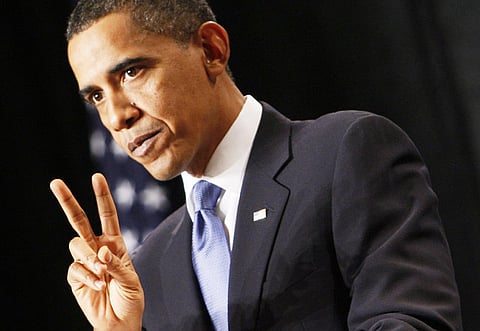All banks should follow the same rules
Enforcing fiscal prudence is the first step in redefining capitalism's values globally

The world's financial regulators need to move quickly to establish a uniform set of new rules to control the financial services industry. It is vital that they all co-ordinate their various plans, so that ideas like the Obama administration's ‘Volker Rule' to stop proprietary trading by banks is not unique to the US, and is matched by similar rules in other financial centres.
The financial services industry is global and it needs a level playing field of standard, worldwide regulation. The regulators' challenge is that their authorities are only national, and they answer to politicians who are facing very different pressures. The financial crisis hit the US and Europe particularly hard, leading to a recession that spread across the world, but the banks in countries such as India and China did not have the same problems.
Despite their very different political environments, the regulators need to deliver a standard set of rules that the many nations of the world can implement. What has emerged from the five-day meeting in Davos is that plans for remedial regulation to deal with the financial crisis are well advanced in some countries, but international co-ordination has yet to happen in venues like Basel and the Financial Securities Board. This is a matter of urgency because the world's financial services industry has to be monitored at a global level.
But even when these rules are enforced, they only seek to enforce greater financial prudence on the banks. What the regulators have not even started thinking about is their long-term responsibility to require banks to absorb their social responsibilities into their core businesses. This redefinition of capitalism to include a far greater moral dimension is going to be the great challenge of the next decade, but work has to start now.



